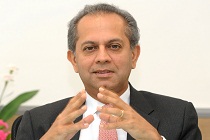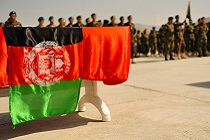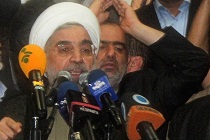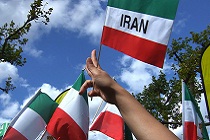The rupee’s precipitous plunge
Tarun Kataria, CEO, Religare Capital Markets India foresaw the decline of the rupee to the 60 mark against the U.S. dollar several months ago. He speaks to Gateway House’s Manjeet Kripalani about the impact the rupee crisis will have on the economy and consumers and how the government can reverse the situation










